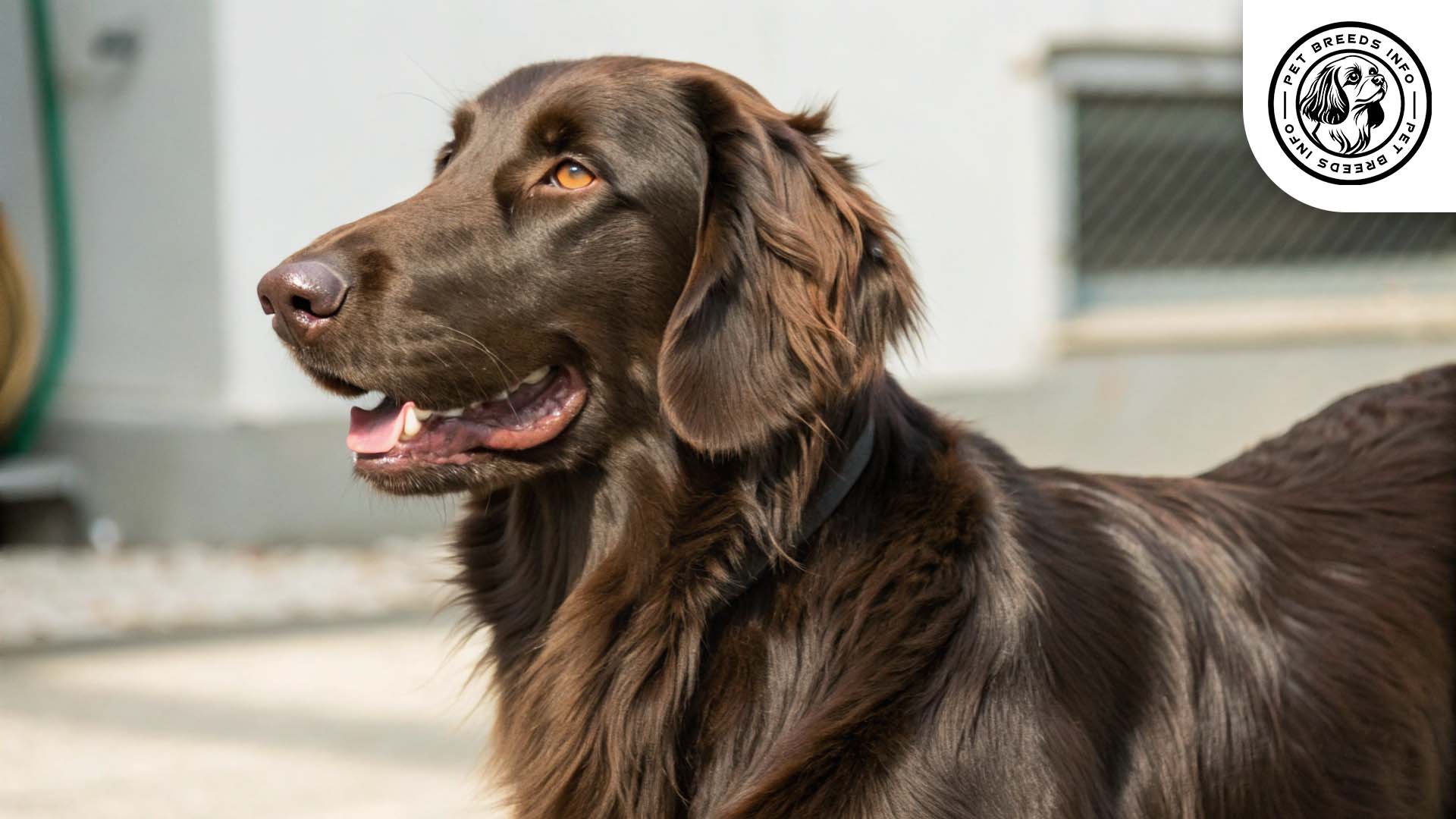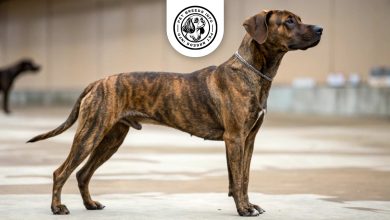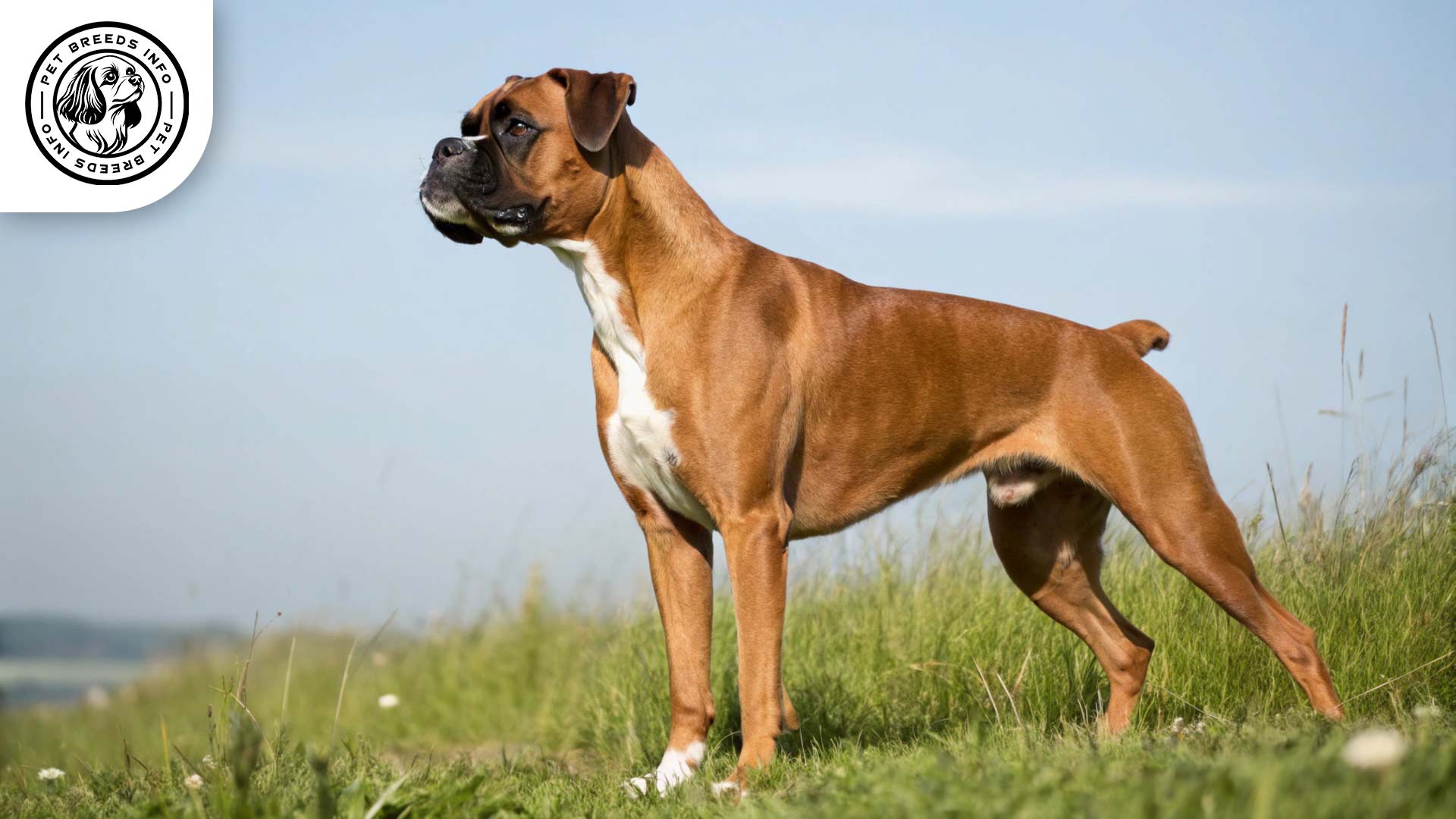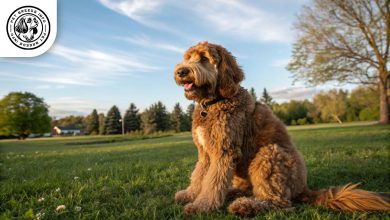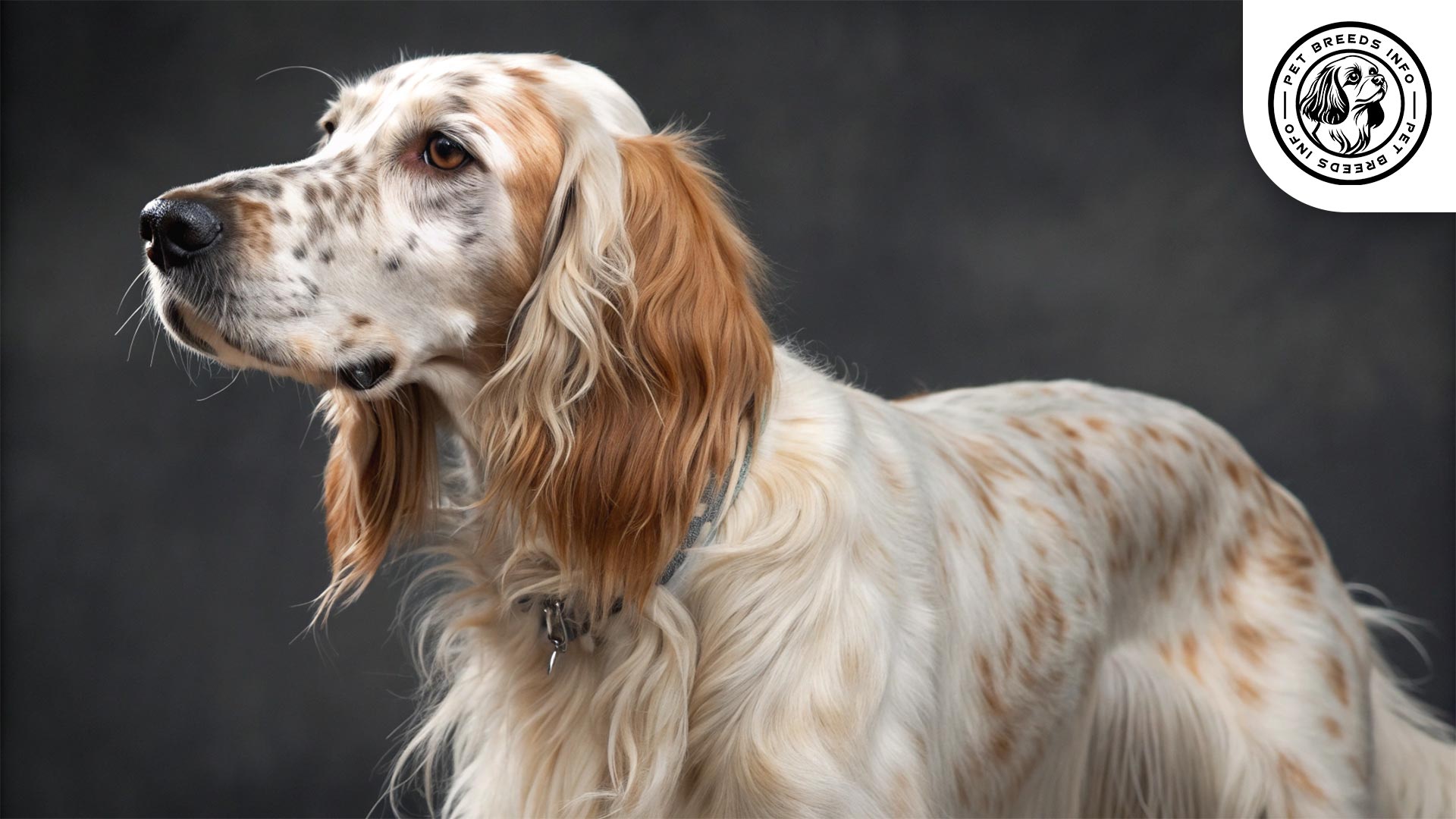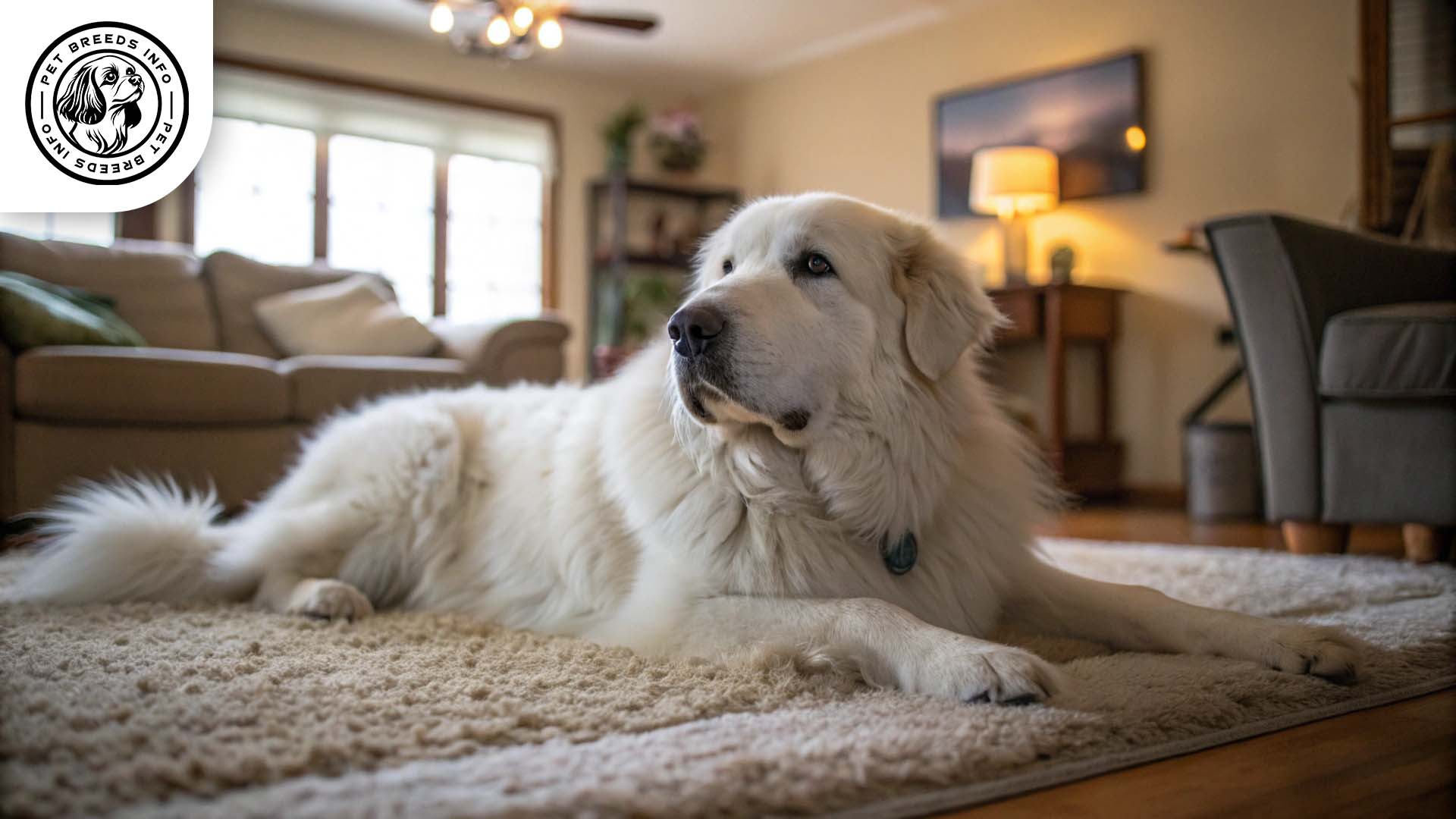Flat-Coated Retriever Dog Breed : Size, Price & Personality
General Introduction of the Breed
The Flat-Coated Retriever, also known as the “Flatcoat Retriever,” originates from the United Kingdom. This breed was developed in the 19th century as a gun dog, primarily used for retrieving game in both water and land. It was created by crossing Newfoundland dogs, various setters, and spaniels, resulting in an agile, keen, and highly trainable breed.
Table of Contents
| Weight | 55-80 lbs (25-36 kg) |
| Lifespan | 8-10 years |
| Diet | High-quality kibble, wet food, or raw diet |
| Care | Regular exercise, weekly brushing, ear cleaning |
| Health | Prone to hip dysplasia, PRA, and certain cancers |
| Color | Solid black or liver |
| Nature | Playful, affectionate, intelligent, energetic |
| Price | $1,500 – $3,000 |
Physical Characteristics
The Flat-Coated Retriever is a medium-to-large breed with a well-balanced and athletic build. Males typically stand between 23 to 24.5 inches (58 to 62 cm) tall and weigh between 60 to 80 pounds (27 to 36 kg). Females are slightly smaller, standing 22 to 23.5 inches (56 to 60 cm) tall and weighing between 55 to 75 pounds (25 to 34 kg).
This breed is known for its glossy, flat-lying coat, which is of medium length and slightly wavy. The official coat colors are solid black and liver. One of its distinctive features is its expressive, almond-shaped, dark brown or hazel eyes, which convey intelligence and friendliness.
The Flat-Coated Retriever has pendant ears that hang close to the head, and its long, feathered tail is carried straight or slightly raised, adding to its elegant appearance.
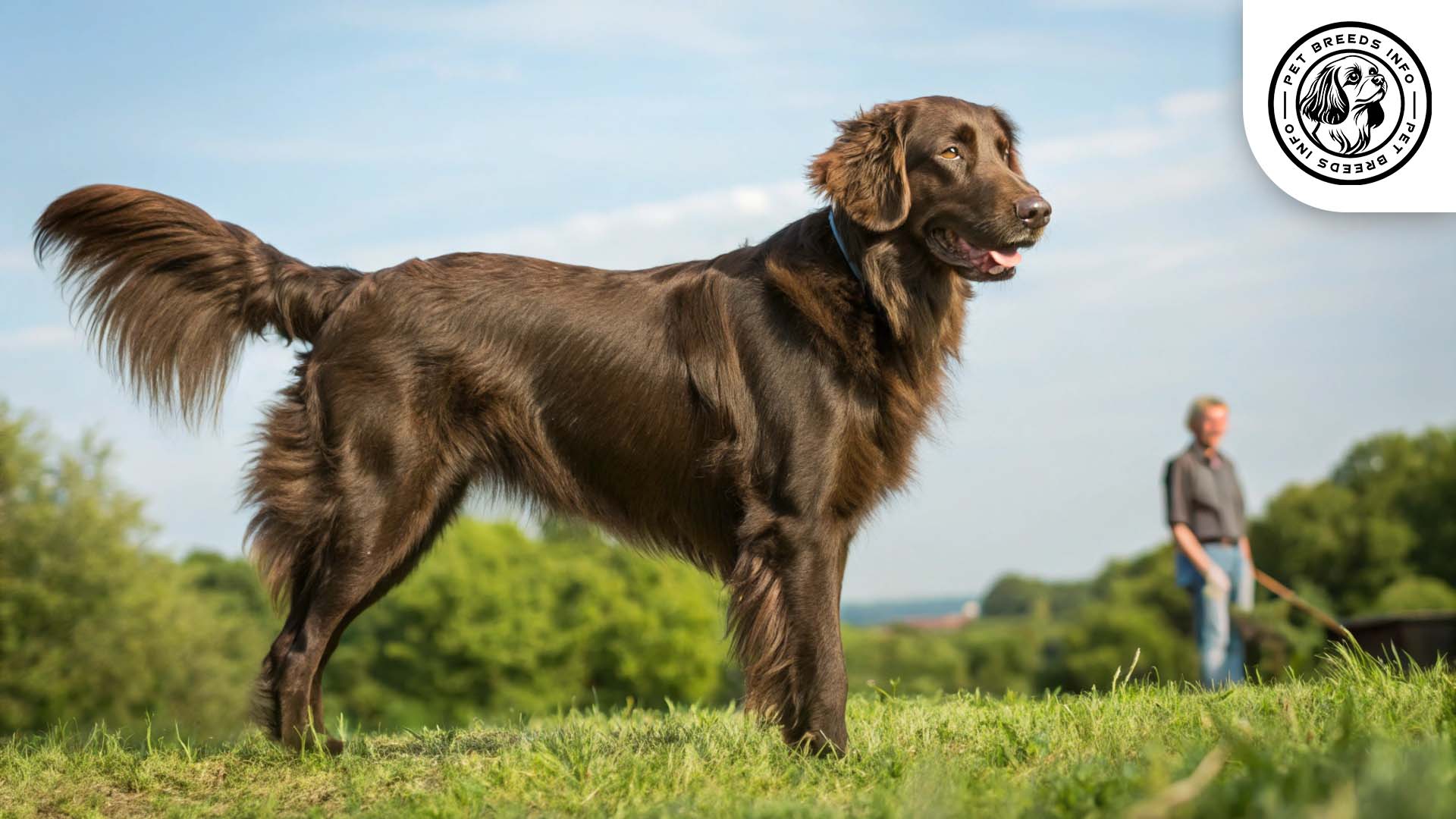
Personality and Temperament
Flat-Coated Retrievers are known for their intelligence and eagerness to learn, making them relatively easy to train. They are highly energetic with a playful and affectionate nature that remains puppy-like well into adulthood.
This breed forms strong bonds with its owners and thrives on human companionship. It is friendly and social, making it an excellent family pet that interacts well with children and other animals. Due to its retriever instincts, it enjoys outdoor activities such as running, swimming, and playing fetch.
Flat-Coated Retrievers are sensitive to their environments and prefer to be involved in family activities. They do not do well when left alone for extended periods and may develop separation anxiety if not given proper attention.
Care and Maintenance Requirements
Due to their high energy levels, Flat-Coated Retrievers require daily exercise, including walks, runs, and interactive play sessions. They are best suited for homes with spacious yards but can adapt to apartment living if given sufficient exercise.
The breed has moderate grooming needs. Their coat should be brushed at least twice a week to prevent matting and control shedding. Regular ear checks, nail trimming, and dental hygiene are essential for their overall well-being.
Flat-Coated Retrievers can be sensitive to extreme heat and should always have access to shade and fresh water in warmer climates. They handle cold weather better due to their water-resistant coats but should still be protected from severe winter conditions.
Read More: Boykin Spaniel Dog
Diet and Nutrition
A high-quality, balanced diet is essential for keeping the Flat-Coated Retriever healthy. Dry kibble, wet food, or a raw diet can all be suitable, provided they meet the breed’s nutritional needs.
Their diet should include high-quality proteins, healthy fats, and essential vitamins. Portions should be controlled to prevent obesity, with adult dogs typically requiring 2.5 to 3.5 cups of food per day, split into two meals.
Owners should avoid feeding them chocolate, grapes, onions, and excessively fatty or processed foods, as these can be harmful.
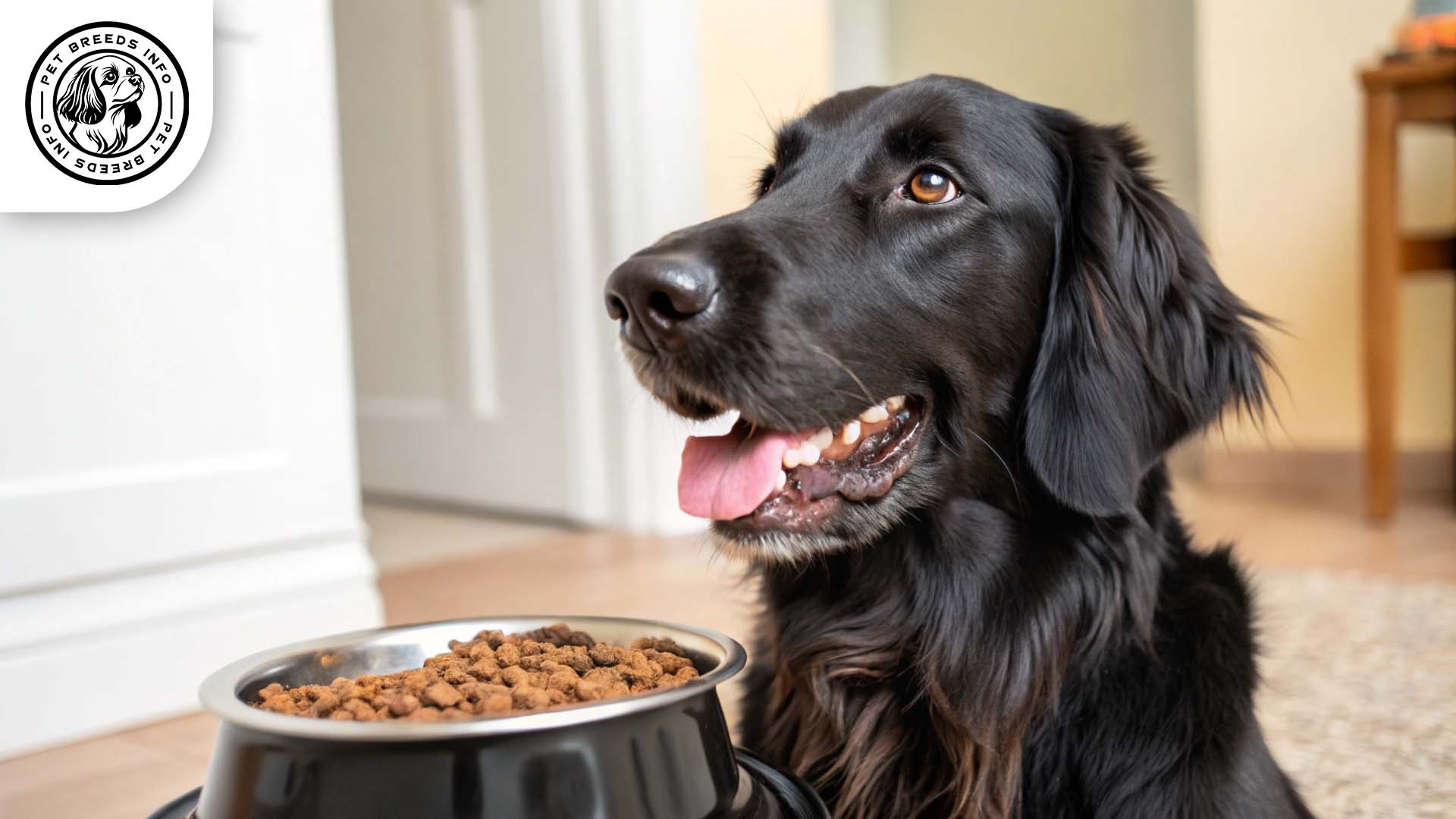
Health and Common Medical Issues
Flat-Coated Retrievers are generally healthy dogs but are prone to certain hereditary conditions. Some of the most common health concerns include hip dysplasia, progressive retinal atrophy (PRA), and certain cancers, such as malignant histiocytosis.
They have an average lifespan of 8 to 10 years. Routine veterinary check-ups, vaccinations, and preventive care are crucial for maintaining their health. Regular screenings for joint conditions and eye disorders are typically recommended.
Training and Behavior Management
Flat-Coated Retrievers are highly trainable due to their intelligence and eagerness to please. They respond best to positive reinforcement techniques such as treats, praise, and play rewards.
Early socialization and obedience training are essential to ensure they develop into well-mannered dogs. Basic commands such as sit, stay, and recall should be introduced early, and their natural retrieving instincts can be channeled into constructive games.
Since they are highly energetic and excitable, it is important to teach them proper behavior and not to jump on people or become overly boisterous.
Read More: Golden Retriever Dog
Interaction with Other Animals and Humans
This breed is known for its friendly and affectionate nature, making it an excellent companion for children. It is naturally gentle and enjoys playtime, making it a great option for active families.
Flat-Coated Retrievers generally get along well with other dogs and even cats if introduced properly from an early age. Their social and loving temperament means they prefer being in households where they receive constant attention and companionship.
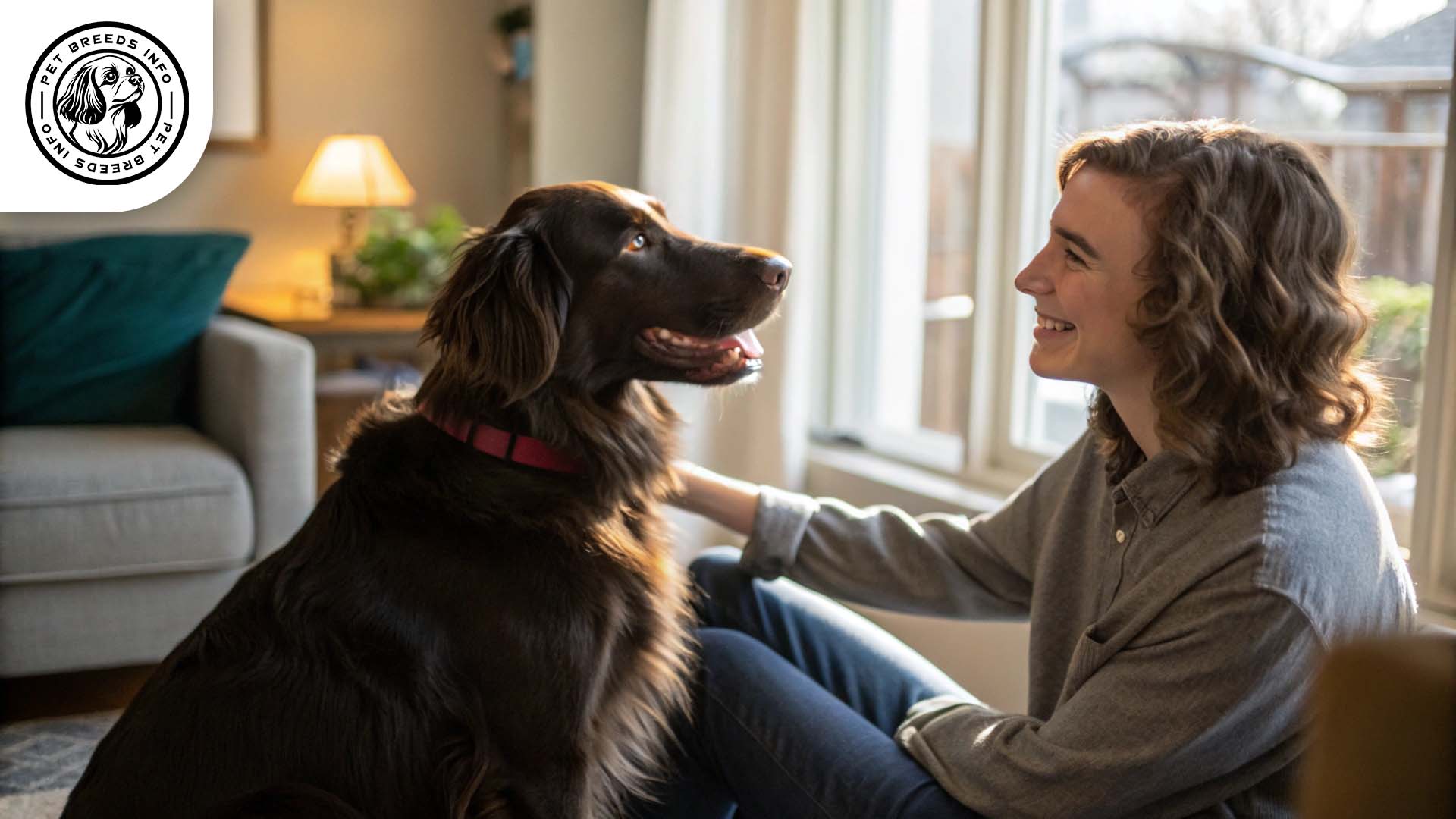
Price and Availability
The cost of a Flat-Coated Retriever puppy from a reputable breeder typically ranges between $1,500 to $3,000, depending on the breeder’s reputation and the puppy’s lineage.
When adopting or purchasing a Flat-Coated Retriever, it is essential to choose a responsible breeder or consider adoption from shelters and rescue organizations. Reputable breeders perform health screenings and provide early socialization, ensuring the puppies grow up well-adjusted.
Read More: Field Spaniel Dog
Conclusion and Final Thoughts
The Flat-Coated Retriever is a joyful, affectionate, and highly energetic breed that thrives in active households. They are best suited for families or individuals who can provide ample exercise, companionship, and mental stimulation.
Prospective owners should be prepared for an active and playful dog that requires regular grooming, early training, and attention to prevent destructive behaviors.
Overall, this breed is an excellent choice for those seeking a loyal, friendly, and fun-loving companion that excels in both work and play.
FAQ
Is the Flat-Coated Retriever a good family dog?
Yes! They are affectionate, playful, and great with children and other pets.
How much exercise does a Flat-Coated Retriever need?
They require daily walks, runs, and interactive play to stay happy and healthy.
Do Flat-Coated Retrievers shed a lot?
Yes, they have moderate shedding and need regular brushing to manage their coat.
Are Flat-Coated Retrievers easy to train?
Yes, they are intelligent and eager to please but require consistent training.
What are common health issues in Flat-Coated Retrievers?
They are prone to hip dysplasia, progressive retinal atrophy, and certain cancers.
